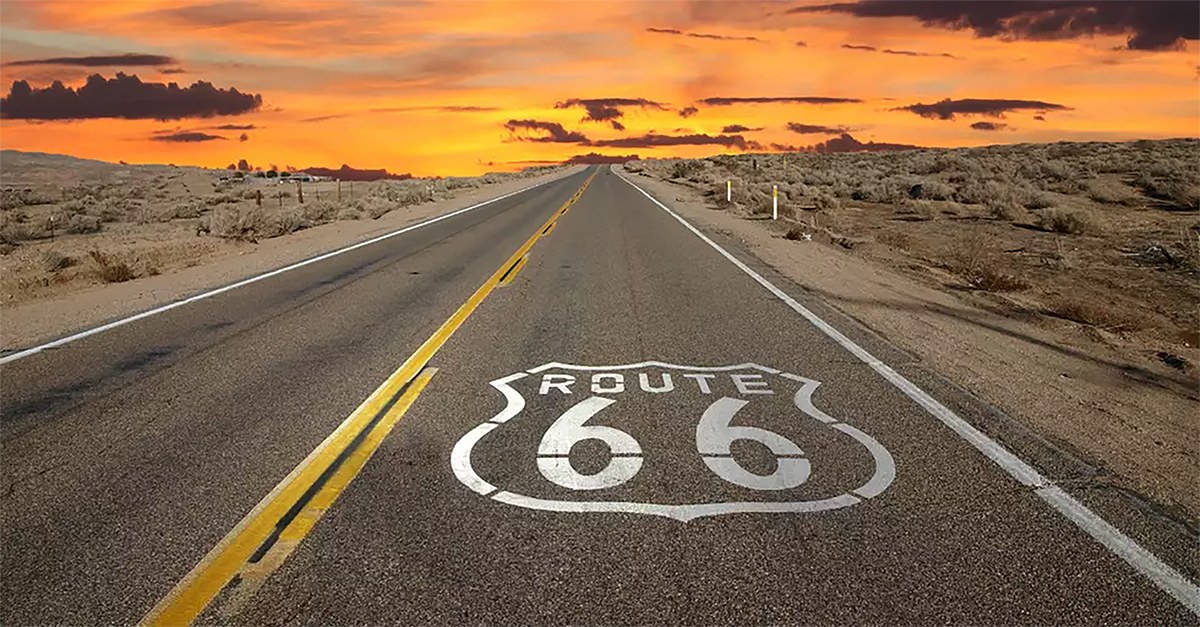When I was a younger man, the longest I ever fasted was two days. I did that a few times my freshman year of college, not so much out of spiritual devotion but because I was trying to make the best of a bad situation. I’d received generous scholarships and a good financial aid package, but with no help from family I could only afford a limited meal plan at the university. That meant I got one meal each day Monday through Friday, and no meals on weekends. So, out of necessity, sometimes I had to fast on Saturdays and Sundays during the school year. I decided that if I was going hungry anyway, I should at least make it worthwhile, and so turned those fasting weekends into spiritual discipline (unless my roommate sneaked a sandwich for me out of the cafeteria). It was a forced fast, sure, but it still taught me a little bit about the discipline of turning every situation into an opportunity for pursuing Christ.
Today I am an old man (58 years), and poor health and a few extremely unpleasant surgeries now prevent me from fasting food without serious health consequences. So when I want to fast, I look for methods other than food deprivation. Sometimes I’ll “fast” my voice, going a certain amount of time without speaking. (This gets interesting when going to the grocery store; I finally resorted to wearing a name tag that says, “Hello, My Name Is … Temporarily Unable to Speak. Thank you for understanding.”) Sometimes I’ll “fast” society, isolating myself in solitude. Sometimes I’ll “fast” flavors, denying spices, sauces, and sugars in my diet so as to make all food bland. You get the idea.
Recently I was intrigued by a suggestion to try “fasting technology.”
Given my constant dependence on the internet for my work and life, that seemed like a meaningful endeavor—so that’s what I did. Thursday night, I shut off all five of my computers, closed my cell phone, turned off my streaming TV services, and went to sleep. I didn’t open any of those again until Saturday morning, and instead spent all day Friday in a “fast” from technology.
What Did I Learn About God?
I’m going to be honest: God and I had pretty much the same kind of day as usual. I had secretly hoped that maybe there’d be some kind of breakthrough in prayer, or an unexpected moment of worship, or even just a sense that fasting technology was bringing us closer together. What I found, instead, was that he was just as present in the unplugged silence as he was in the “noise” of my connected life.
Surprisingly, that was somewhat encouraging.
What Did I Learn About Myself?
Left to my own devices, I am easily overcome by grief. It’s been more than five years since my wife passed away from cancer, yet any extended, quiet moment reminds me of that vast treasure I’ve lost. No surprise then, it wasn’t long into my “fast” that I realized I needed to busy myself or else I’d fall back into inert despair.
So …
I read four books. I ran errands. I reorganized a storage closest. I reframed a few pictures. I cleaned the kitchen. And so on. I carried on a running conversation with God through all those things and discovered that working with my hands, even in simple, mundane tasks, carries a certain amount of contentment.
How Might this Discipline Form Me for Ministry?
I’m still working on this question. I think the discipline of fasting something, with the intent to refocus on intimacy with God, can be formative in a day-to-day way. I find that meaningful. My pastor likes to quote (who was it? Ray Stedman maybe?) as saying something along the lines of, “There are only two things God doesn’t own: Your attention and your affection.” I think the discipline of fasting (even my weak, substitute methods), may be helpful from time to time, to turn my attention and affections back where they belong:
To Jesus.
“Whenever there is a form devoid of spiritual power, law will take over because law always carries with it a sense of security and manipulative power.”
Richard Foster, Celebration of Discipline
Looking for more? Check out these links:









